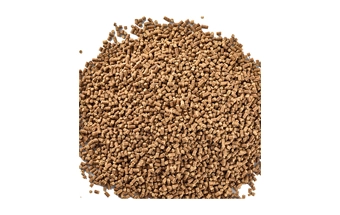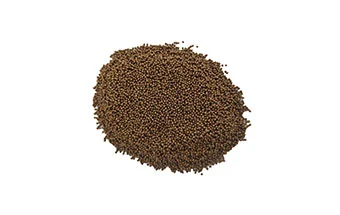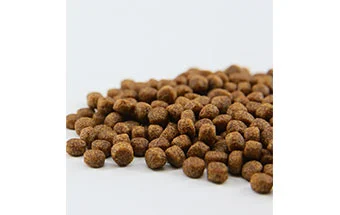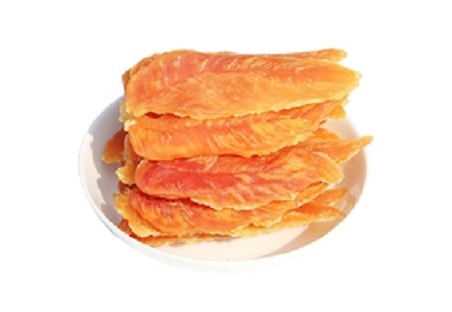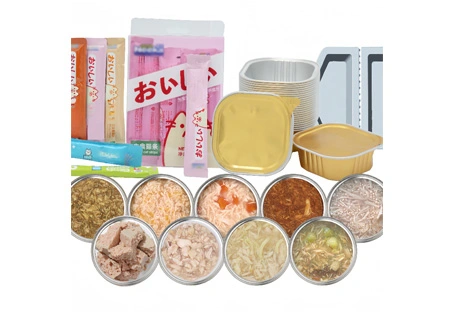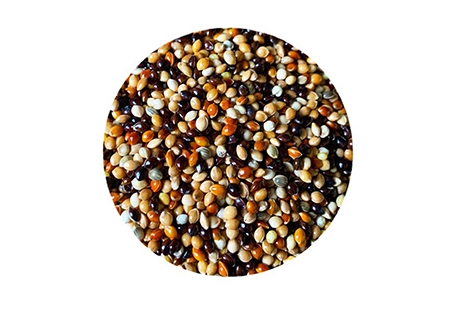Good palatability and improved feed digestion and utilization rate:
After the expansion treatment of feed raw materials, the fragrance and palatability increase, which can stimulate animal appetite. The long chain structure of organic substances such as protein and fat gradually changes into short chain structure, which helps digestion. At the same time, it can reduce the pollution of organic substances such as ammonia nitrogen in fish feces and feces on water quality and maintain good water quality.
Save feed and reduce water pollution:
Expanded feed has good stability, is not easily soluble, and can be suspended on the water surface, making it convenient to observe the feeding situation of fish and timely understand the growth status of fish.
Improved feed hygiene quality and reduced disease risk:
After high-temperature instantaneous treatment, harmful bacteria such as Escherichia coli, mold, and Salmonella in the feed are completely killed, reducing the probability of intestinal infections in breeding animals.

 English
English  日本語
日本語  한국어
한국어  français
français  Deutsch
Deutsch  Español
Español  italiano
italiano  русский
русский  português
português  العربية
العربية  Polska
Polska 

